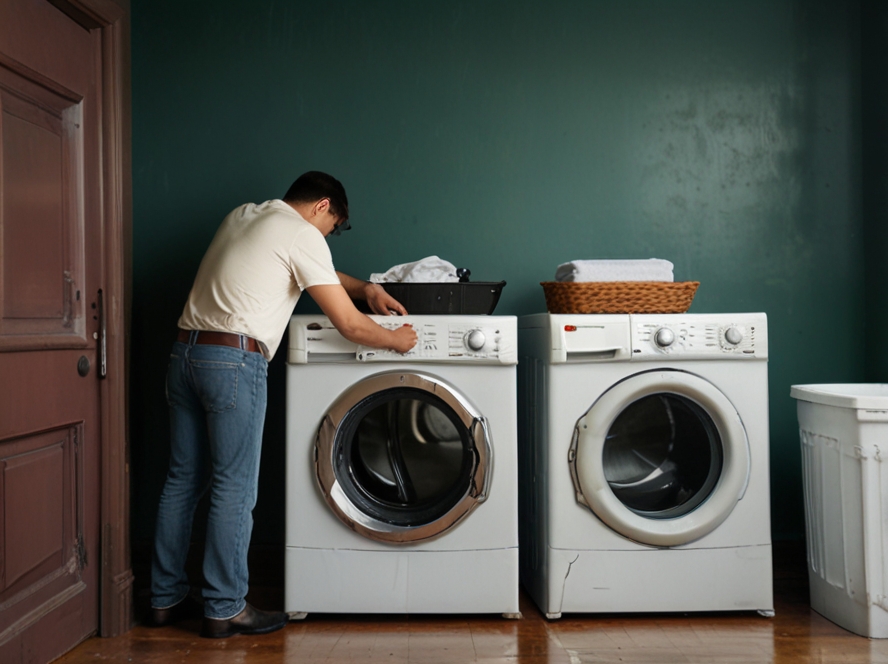Maintaining the optimum humidity level in your oven is essential for achieving perfect cooking and baking results. Humidity control can affect everything from the texture and flavor of your dishes to the efficiency and longevity of your oven. This article explores the importance of oven humidity, the factors that influence it, and practical tips for managing and maintaining the ideal humidity levels in your oven.
Understanding Oven Humidity
Oven humidity refers to the amount of moisture present in the oven during cooking. Different types of food require varying levels of humidity to cook properly. For instance, bread baking often benefits from high humidity to achieve a crisp crust, while roasting meats might require lower humidity to avoid a soggy texture.
The optimum humidity level in your oven can enhance flavor, texture, and appearance while ensuring even cooking. It also helps in energy efficiency by reducing the need for excessively high temperatures.
Factors Affecting Oven Humidity
Several factors influence the humidity level in an oven:
Type of Oven: Convection ovens, steam ovens, and traditional ovens each handle humidity differently. Steam ovens are designed to inject moisture during cooking, while convection ovens circulate hot air, which can dry out food if not managed properly.
Cooking Method: Baking, roasting, and steaming require different humidity levels. Baking bread, for instance, benefits from steam injection, while roasting meats might require a dry heat environment.
Food Type: The water content of the food being cooked also affects oven humidity. High-moisture foods like vegetables and fruits release more steam during cooking.
Temperature: Higher temperatures generally reduce humidity levels as the moisture evaporates more quickly.
Tips for Maintaining Optimum Humidity Levels
Use a Steam Injection Oven
If you frequently bake bread or other items that benefit from high humidity, consider investing in a steam injection oven. These ovens allow you to control the amount of steam released during cooking, ensuring consistent results.
Best Practice: Follow the manufacturer’s guidelines on using the steam function to avoid over-steaming, which can make food soggy.
Add Water Manually
For conventional ovens, adding water manually can help maintain humidity levels. Place a shallow pan of water on the oven floor or on a lower rack. The water will evaporate during cooking, adding moisture to the oven environment.
Best Practice: Check the water level periodically and refill if necessary to maintain consistent humidity.
Use a Humidity Probe
Some modern ovens come with humidity probes that allow you to monitor and adjust the moisture levels inside the oven. This feature is particularly useful for precise cooking and baking.
Best Practice: Calibrate the humidity probe according to the manufacturer’s instructions to ensure accurate readings.
Adjust Ventilation
Controlling the oven’s ventilation can also help manage humidity levels. Opening the oven door slightly during cooking can reduce humidity, while keeping it closed will retain more moisture.
Best Practice: Use this method carefully, as opening the door too often can lead to heat loss and uneven cooking.
Utilize a Baking Stone
Using a baking stone can help regulate humidity in the oven. The stone absorbs moisture from the food, releasing it slowly and evenly during cooking. This method is particularly effective for baking bread and pizzas.
Best Practice: Preheat the baking stone along with the oven for at least 30 minutes to ensure it reaches the desired temperature.
Regular Maintenance for Optimal Performance
Maintaining the optimum humidity level in your oven also involves regular cleaning and maintenance. Here are some steps to keep your oven in top condition:
Clean the Oven Regularly
Residue from previous cooking sessions can affect humidity levels and cause uneven cooking. Regularly clean your oven, including the racks and walls, to ensure it operates efficiently.
Best Practice: Use a mild cleaning solution and avoid harsh chemicals that can damage the oven’s interior.
Inspect Seals and Gaskets
Worn or damaged door seals and gaskets can lead to heat and moisture loss, affecting the oven’s humidity control. Inspect these components regularly and replace them if necessary.
Best Practice: Ensure the door closes tightly and there are no gaps that can allow steam to escape.
Check the Humidity Control Mechanism
If your oven has a built-in humidity control mechanism, check it periodically to ensure it is functioning correctly. This includes checking for any blockages or malfunctions that can affect its performance.
Best Practice: Refer to the manufacturer’s maintenance guidelines for specific instructions on maintaining the humidity control system.
Benefits of Maintaining Optimum Humidity
Maintaining the optimum humidity level in your oven offers several benefits:
Improved Cooking Results: Proper humidity control ensures that food is cooked evenly and retains its desired texture and flavor.
Energy Efficiency: An oven that maintains the right humidity level uses energy more efficiently, reducing the need for excessively high temperatures.
Extended Appliance Lifespan: Regular maintenance and humidity management can prevent wear and tear, extending the life of your oven.
Healthier Cooking: Controlling humidity can help retain the nutritional value of food, making your meals healthier.
Maintaining the optimum humidity level in your oven is essential for achieving perfect cooking and baking results. Whether you use a steam injection oven or manually add water, understanding how to control and monitor humidity can significantly improve your culinary outcomes. Regular maintenance and proper setup further ensure that your oven operates efficiently and lasts longer. By following these tips and best practices, you can enjoy consistent, high-quality results from your oven every time.
If you’re having a problem with a home appliance, the best option is to contact us at HOME APPLIANCE SERVICE CENTER – the leading Repair Service Provider in San Diego. Our superior performance, accuracy, knowledge and experience make us the top choice for your repair needs. Plus, our friendly attitude and free maintenance consultation make us even more appealing. And, our after-service warranty is unbeatable. We’re open 24/7, including weekends and holidays, and in emergencies, an engineer will arrive at your door within 15 minutes of your call. So, don’t hesitate – give us a call, and HOME APPLIANCE SERVICE CENTER will solve any problem.
Contact us
 619-928-5000
619-928-5000  Request Service
Request Service 
